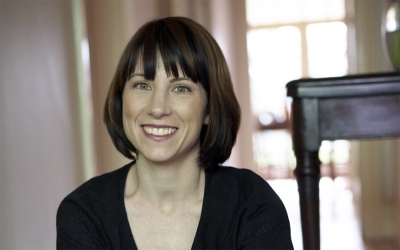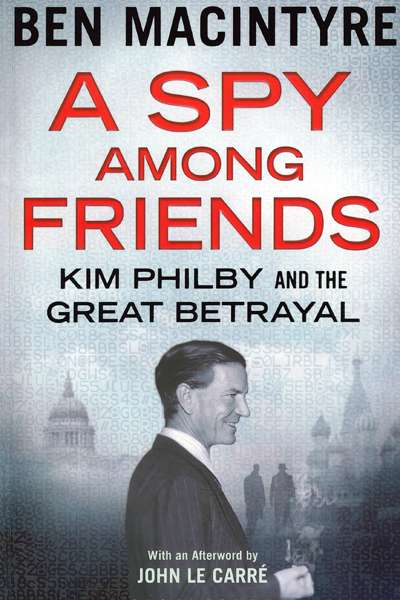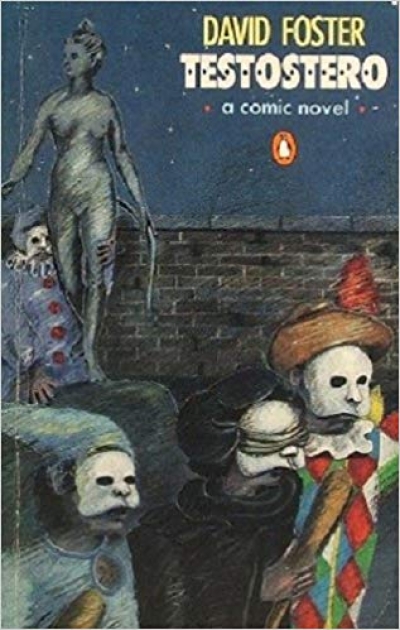September 2014, no. 364
Harold Adrian Russell (Kim) Philby was the Third Man of the notorious Cambridge spy network set up in the 1930s and partially unmasked in the early 1950s, when Guy Burgess and Donald Maclean fled to Moscow. He had been in British intelligence (MI6) since the beginning of the war, but had been working for Soviet intelligence for some years before that. A high-flyer, charming and sociable, he rose rapidly as an officer in the British service and was even tipped to be the next head of MI6. After narrowly surviving the Burgess–Maclean fallout, he ended up in Beirut in the early 1960s, working as a freelance journalist for the Observer and the Economist and an agent for MI6 on the side. Son of a famous and eccentric Arabist, St John Philby, his Middle East coverage struck an old friend, Flora Solomon, as anti-Israel, and in criticising it to her old friend Victor Rothschild she mentioned that back in their youth in the 1930s he had tried to recruit her as a communist spy. Lord Rothschild passed that on to MI5, which had had it in for Philby for years, and in the new round of investigation, Philby’s own bosses in MI6 were convinced. An old friend, MI6’s Nicholas Elliott, confronted him in 1963 and obtained a partial confession, but then inexplicably left Beirut and allowed Philby to flee, courtesy of his Soviet handlers.





























